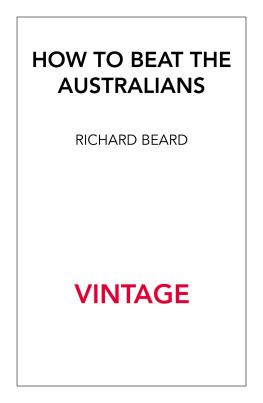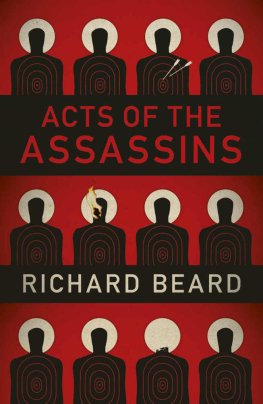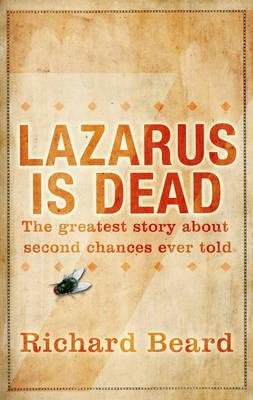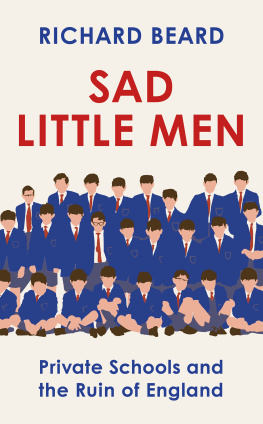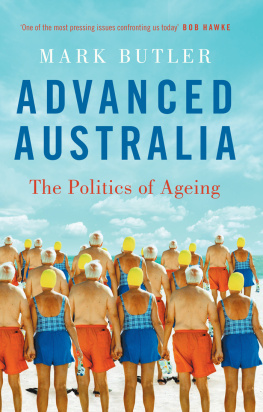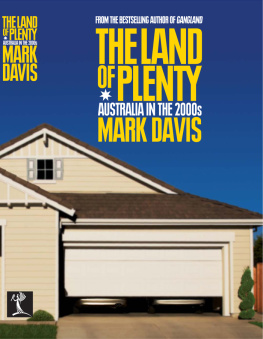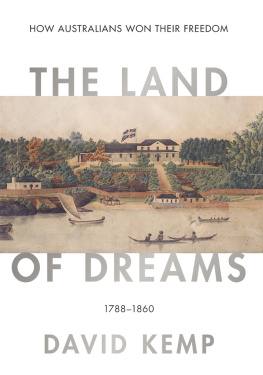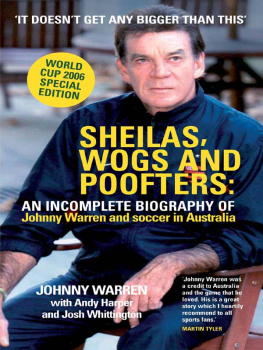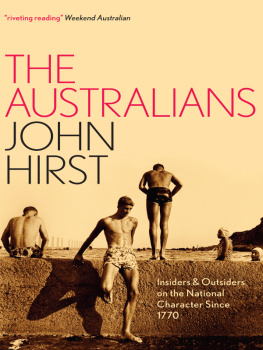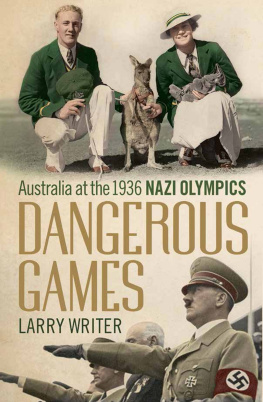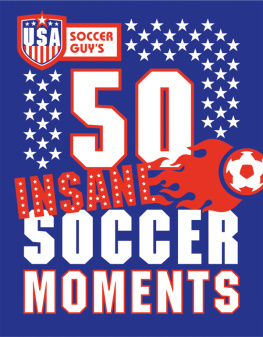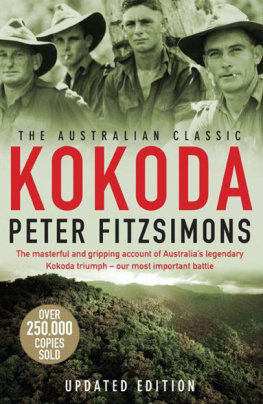Contents
Contents
About the Author
Richard Beards most recent book is Acts of the Assassins, which was shortlisted for the Goldsmiths Prize.
In the twenty years since his first book he has published critically acclaimed novels and narrative non-fiction, including Becoming Drusilla, the story of how a friendship between two men was changed by a gender transition.
He was formerly Director of the National Academy of Writing in London, and is now a Visiting Professor at the University of Tokyo and has a Creative Writing Fellowship at the University of East Anglia. He is an optimistic opening batsman for the Authors Cricket Club.
About the Book
Feeling the way I do now, its not a feeling I ever want to have again. Andrew Flintoff speaks for a nation.
The Ashes, 2006/07: Australia 5 England 0. The nightmare returns.
For twenty years, Australia has produced competitors so gritty they order sandwiches with sand in, and not just at cricket. Fourth in the medals table at the Athens Olympics, Tour de France contenders, Davis Cup champions, and the Socceroos 3 1 winners over England. For Richard Beard, the football was the last straw.
So, on the well-established principle that if you want something doing , he travelled down to Australia for seven rounds of hand-to-hand sporting combat, to find out just what makes the Australians so good, and how to beat them.
Also by Richard Beard
Fiction
X 20: A Novel of (Not) Smoking
Damascus
The Cartoonist
Dry Bones
Non-fiction
Muddied Oafs: The Last Days of Rugger
To the many who have suffered while the few embraced defeat and disaster. England v Australia 19892007
England Collapse
The idea that Englishmen are made of paste, whereas the Australian, native or thoroughly acclimatised, is steel all through, I found to be universal.
Anthony Trollope, Australia and New Zealand, 1873
AGED EIGHT , I fell in love with the 1975 England cricket team. That summer, for days on end on BBC1, there assembled a band of unlikely English heroes led by Tony Greig, with his drainpipe trousers and his gum and the upturned peak on his dark blue cap. There was white-haired and nuggety David Steele, Knotty the gnome and his grubby bat, the opener John Edrich with combed eyebrows and sleeves impeccably rolled.
We lost the Ashes. There were any number of reasons, but among them was the Australian change bowler Gary Gilmour, who took 6 for 85 at Headingley. His career was not, however, to blossom after one more Test against England in Melbourne, he never played for Australia again.
Which was hardly surprising, I thought, since in July 1976 he travelled to the United States and shot dead a Mormon motel manager in Provo, Utah. Australian to the end, a battler in his baggy green cap, he fronted up to the Utah state marshal and refused to appeal against the death penalty. Instead he quoted Nietzsche, the godfather of sport philosophy a time comes when a man should rise to meet the occasion no doubt remembering with scorn the frailty of the English middle order at Leeds.
In January 1977, still in his whites, Gilmour was blindfolded and stood against a post. He was then shot in the heart by a firing squad of volunteer National Guardsmen.
At that time, at that age, an eavesdropper on world events, the difference between Gary Gilmour, Australian medium-fast left-arm swing bowler, and Gary Gilmore, American felon and death-row celebrity, had succeeded in escaping me. But when Greg Chappells Australians arrived for the next Ashes battle in the summer of 77, the batsmen and bowlers all looked like bandits to me. They had the stubble and the desperado moustaches, and flaunted their ignorance of right from wrong by sledging Derek Randall.
Execution? Too good for the lot of them.
This attitude owes much to the era in which I grew up. My most fertile years for hero worship, between the ages of about seven and fourteen, coincided with the England football team twice failing to qualify for the World Cup finals, in 1974 and 1978. This meant that a generation of sports-mad English children missed out completely on the worlds biggest sporting festival.
When we did eventually make it, to Spain in 1982, Kevin Keegan fluffed an easy header to get England out of the group stages, and we might as well not have bothered. There was no Rugby World Cup, either, and in any case England wouldnt have won it because the players were fat and amateur, and trained on a diet of aftershave.
This left the Ashes. It was the only regular world-class team event in which an English team was guaranteed to feature, and it was world class because England and Australia said so. During this period both countries were routinely thumped by the West Indies, but the intensity of an Ashes summer could obscure the inconvenience of reality. Even better, England won more often than they lost.
Which made Australias outright cricketing dominance, when it started in 1989, even harder to stomach. By 1998, Australia could comfortably win a five-day Test match against England in two and a half days. In consecutive series, 2001 and 2002/3, the Ashes was over as a contest in the shortest imaginable time, before the end of the third day of the third Test. In the 2006 series, we were subdued from the first wide of the very first day, and yet again surrendered before Christmas.
Worse still, its impossible for anyone interested in sport to ignore the way Australias supremacy has crept well beyond the boundaries of cricket. The Australian Lleyton Hewitt is and will always be a Wimbledon champion, whereas Tim Henman will always have his family. Australia has triumphed in two Rugby World Cups, consecutive Cricket World Cups, and the Davis Cup. In the 1990s, they were world champions in twelve team and twenty-one individual sports, a period we in England spent waiting for the nation to be saved by Graeme Hick.
There isnt even the sweet and sour consolation of thinking they save their best for England. At the 2004 Athens Olympics, Australia won more medals than all but three other countries the United States, China and Russia. These medals were distributed across fifteen sports, a range matched only by the United States, and there were no medals for rugby league. The Australians might also have been in with a shout at Olympic Australian Rules.
Suddenly no event anywhere in the world was safe, and at the 2002 Winter Olympics Stephen Bradbury won gold in short track speed skating, not a popular hobby on the beaches of Queensland. Its true that the other four finalists wiped out in a mass collision, and the same thing had happened to Bradbury in his semi-final. But youve got to be in it to win it, and the green and gold is always in it.
They have world champions in motorcycling, aerial skiing, eight-ball pool and orienteering. There was an Australian, Luc Longley, making rebounds alongside Michael Jordan in his luminary years for the Chicago Bulls; Australians riddle the US baseball leagues; they kick field goals in the NFL. They have a dozen riders in the Tour de France while until recently we had only one, David Millar, who was caught taking drugs. He couldnt even beat the testers properly, in cycling a minimum competitive requirement.

